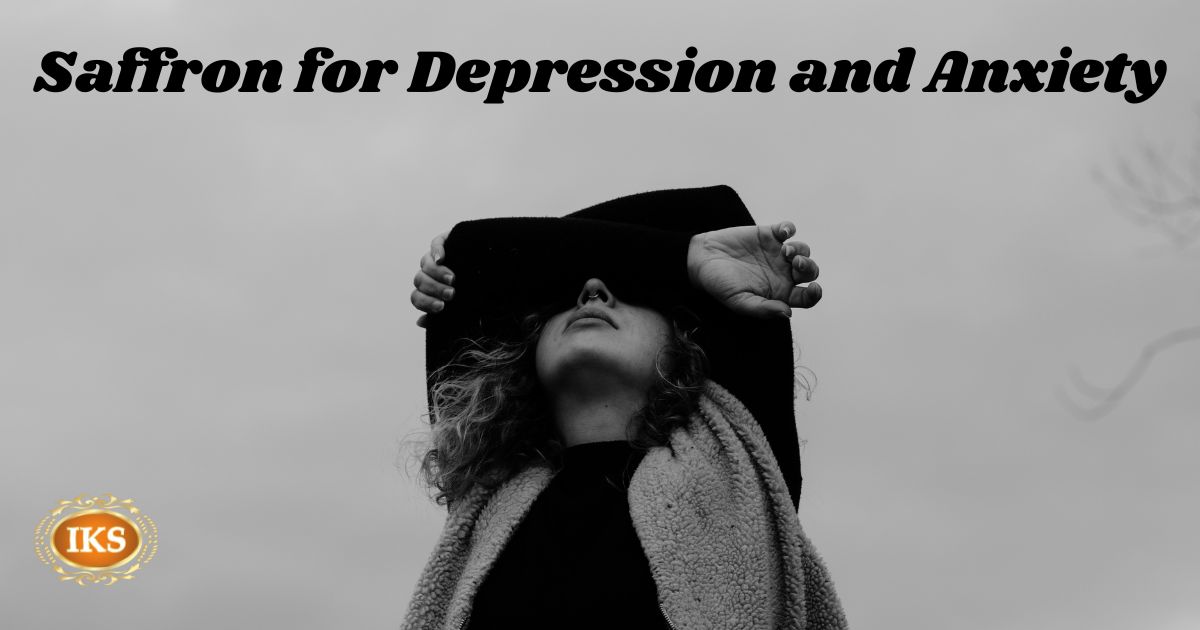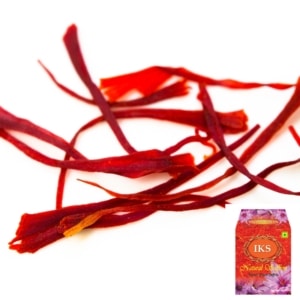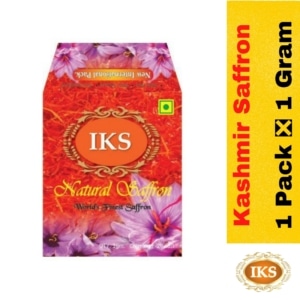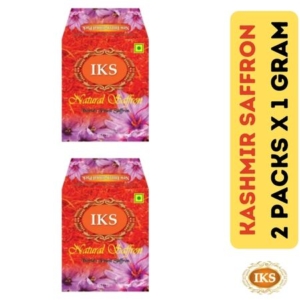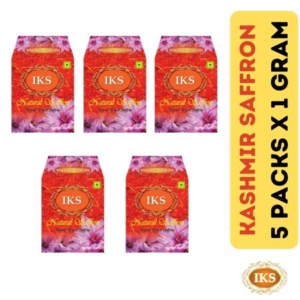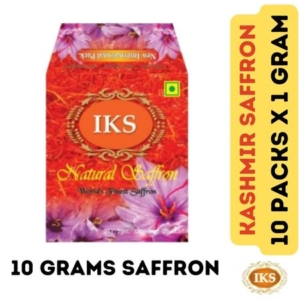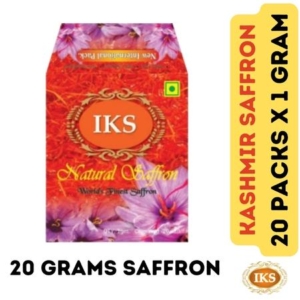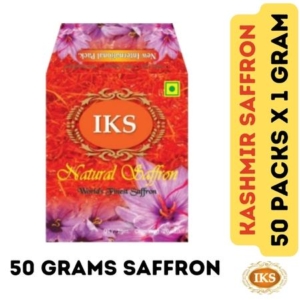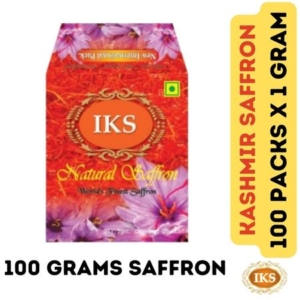Saffron for Depression and Anxiety: A Natural Remedy for Mental Health
Saffron for Depression and Anxiety – In today’s fast-paced world, many individuals are seeking alternative and natural remedies to support their mental health. Depression and anxiety, two prevalent mental health conditions, can significantly impact a person’s well-being and daily functioning. One potential natural solution that has gained attention is Saffron (Kesar), a spice known for its vibrant color and distinct flavor. In this article, we will explore the potential benefits of saffron for depression and anxiety, examining its effects, scientific research, recommended dosage, and more.
Understanding Depression and Anxiety
Depression and anxiety are complex mental health disorders that can affect anyone, regardless of age, gender, or background. Depression is characterized by persistent feelings of sadness, loss of interest, fatigue, changes in appetite, and difficulty concentrating. Anxiety, on the other hand, involves excessive worry, restlessness, irritability, and physical symptoms like rapid heartbeat and shortness of breath. Both conditions can significantly impact one’s quality of life and require appropriate treatment and support.
Traditional Approaches to Treating Depression and Anxiety
The conventional treatment for depression and anxiety often involves psychotherapy and medication. While these approaches can be effective, they may not be suitable or desired by everyone. As a result, individuals are turning to natural remedies like saffron as a complementary or alternative therapy.
The Role of Saffron in Mental Health
Saffron, derived from the Crocus sativus flower, has a long history of use in traditional medicine for various purposes, including improving mood and alleviating symptoms of depression and anxiety. This spice contains several bioactive compounds, including crocin, safranal, and picrocrocin, which are believed to contribute to its potential therapeutic effects.
How Saffron Affects the Brain
Saffron’s bioactive compounds have been found to modulate certain neurotransmitters in the brain, such as serotonin, dopamine, and norepinephrine. These neurotransmitters play a crucial role in regulating mood, emotions, and overall mental well-being. By influencing these neurotransmitter systems, saffron may help promote a positive mood and reduce symptoms of depression and anxiety.
Research and Studies on Saffron’s Effectiveness
Several studies have explored the effectiveness of saffron in managing symptoms of depression and anxiety. These studies have shown promising results, suggesting that saffron may be beneficial in improving mood, reducing anxiety levels, and alleviating depressive symptoms. However, further research is still needed to better understand saffron’s mechanisms of action and its potential long-term effects.
Saffron as an Adjunct Therapy for Depression and Anxiety
It’s important to note that saffron should not replace evidence-based treatments for depression and anxiety. Instead, it may serve as an adjunct therapy, complementing traditional approaches. If you are experiencing symptoms of depression or anxiety, it is essential to consult with a healthcare professional who can provide a comprehensive treatment plan tailored to your specific needs.
Recommended Dosage and Precautions
When using saffron as a natural remedy, it’s crucial to follow the recommended dosage guidelines. Typically, a dosage of 15-30 milligrams per day has been used in clinical studies. However, individual responses may vary, and it’s best to consult with a healthcare provider before starting any new supplements. Additionally, pregnant or breastfeeding women, individuals with pre-existing medical conditions, or those taking medications should exercise caution and seek medical advice.
Potential Side Effects and Interactions
While saffron is generally considered safe when used in moderation, it can cause side effects in some individuals. These may include gastrointestinal disturbances, dry mouth, dizziness, and allergic reactions. Saffron may also interact with certain medications, such as antidepressants and sedatives. Therefore, it is crucial to discuss the use of saffron with a healthcare professional to ensure its safety and suitability for your specific situation.
Incorporating Saffron into Your Routine
If you and your healthcare provider determine that saffron may be a suitable addition to your mental health routine, there are various ways to incorporate it. Saffron can be found in supplement form, as well as in powdered or thread form for culinary use. You can add it to dishes, teas, smoothies, or take it as a supplement following the recommended dosage. Remember to choose high-quality saffron from reputable sources to ensure its potency and purity.
Other Natural Remedies for Mental Health
While saffron shows promise as a natural remedy for depression and anxiety, it’s essential to explore various approaches and lifestyle changes to support your mental well-being. Regular exercise, a balanced diet, sufficient sleep, stress management techniques, and engaging in activities you enjoy can all contribute to a healthy mind and body. Additionally, seeking support from mental health professionals and maintaining social connections are vital aspects of a holistic approach to mental health.
Conclusion
Saffron, with its potential mood-enhancing properties, has gained attention as a natural remedy for depression and anxiety. While scientific research supports its effectiveness, it should not replace evidence-based treatments but rather be considered as a complementary therapy. Before incorporating saffron into your routine, it’s crucial to consult with a healthcare professional to ensure its safety and appropriateness for your individual needs.

